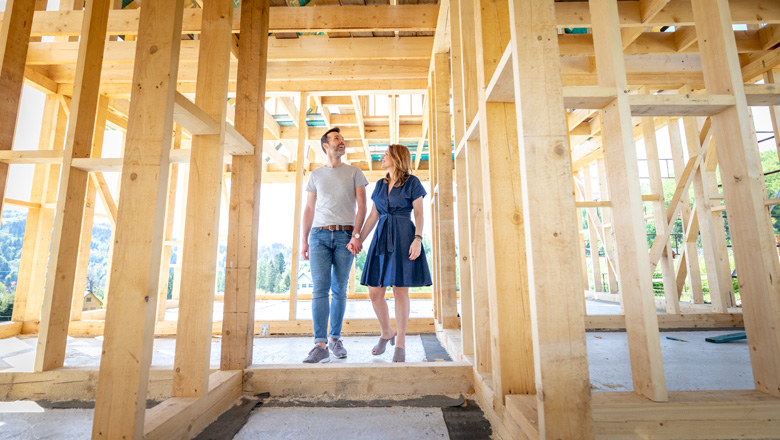What you need to know about construction loans
Are you looking for a four-bedroom, four-bathroom, two-story house with neighborhood schools and easy access to a major thoroughfare for commuting to work? Good luck! Today’s low interest rates have made home buying a game that’s hard to win. Home inventory just doesn’t stay on the market very long, making it harder than ever to find and purchase your dream home.
If that’s the situation you’re in, you might consider building your next home. In addition to learning about the permitting, designing, and building processes, you should probably know a little bit about how construction loans work and how they are different from a traditional mortgage.
Construction loans are short-term.
Typically, a construction loan covers the average time it takes to build a home. That is usually less than 12 months.
Construction loans have variable rates.
During that short time you have a construction loan, the interest rate is variable. That leads to some uncertainty in your budget and future plans.
Construction loans have their own closing costs.
Similar to a conventional mortgage, construction loans are subject to closing costs. You’ll pay those costs again when construction is complete and you convert to a traditional home mortgage.
In Baltimore, Homewood Federal Savings Bank offers a great alternative to the traditional construction loan: a construction-to-permanent loan. The benefits to the borrower make this one of the best ways to finance new construction.
Loan terms are more flexible.
A construction-to-permanent loan begins with the construction and automatically converts to a traditional mortgage. As with other traditional mortgages, when your loan converts, you can work with your banker to determine the length of your loan.
Construction-to-permanent loans lock in your rate.
A construction loan has a variable rate, but when you use a construction-to-permanent loan, you can lock in your rate at the beginning of construction and that can be your rate through the life of your entire mortgage. You always have the option to refinance your mortgage to take advantage of rate declines.
Construction-to-permanent loans have one set of closing costs.
When we convert your construction loan to a conventional mortgage, we do not go through the entire mortgage process again; therefore, you gain significant savings by only having one set of closing costs.
The biggest advantage Homewood Federal Savings Bank offers borrowers is service. We manually underwrite every loan. We get to know you and your unique situation, then help you make lending decisions. A computer algorithm is not involved. We also service your loan through the life of the loan. We never sell our loans. If your situation changes, come see your neighborhood banker and we’ll help find the best refinancing situation for your individual needs.

Comments are closed.